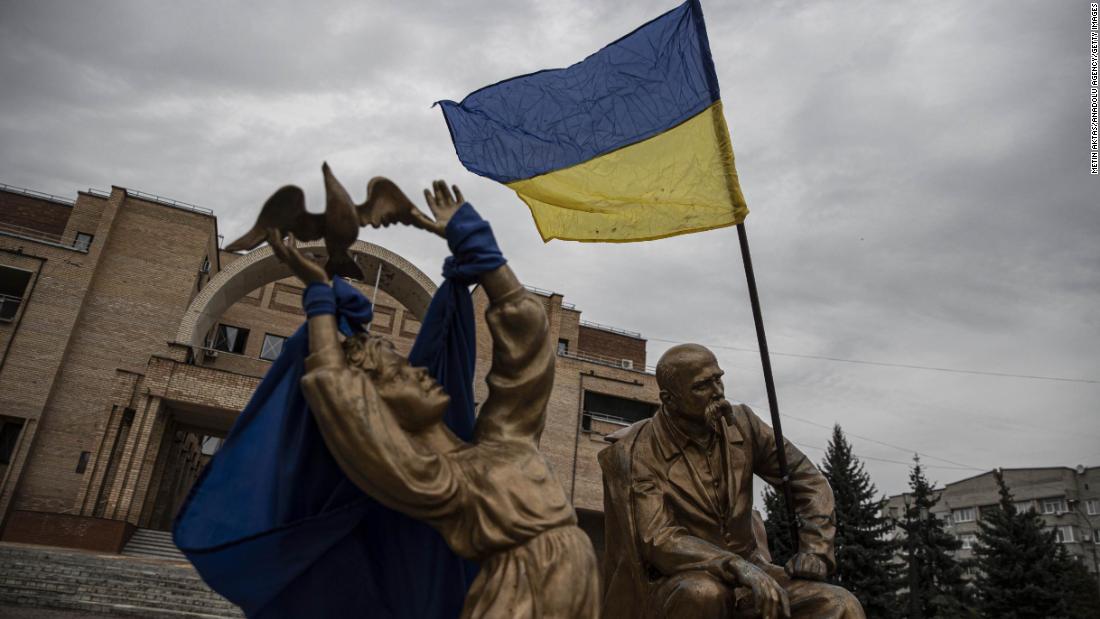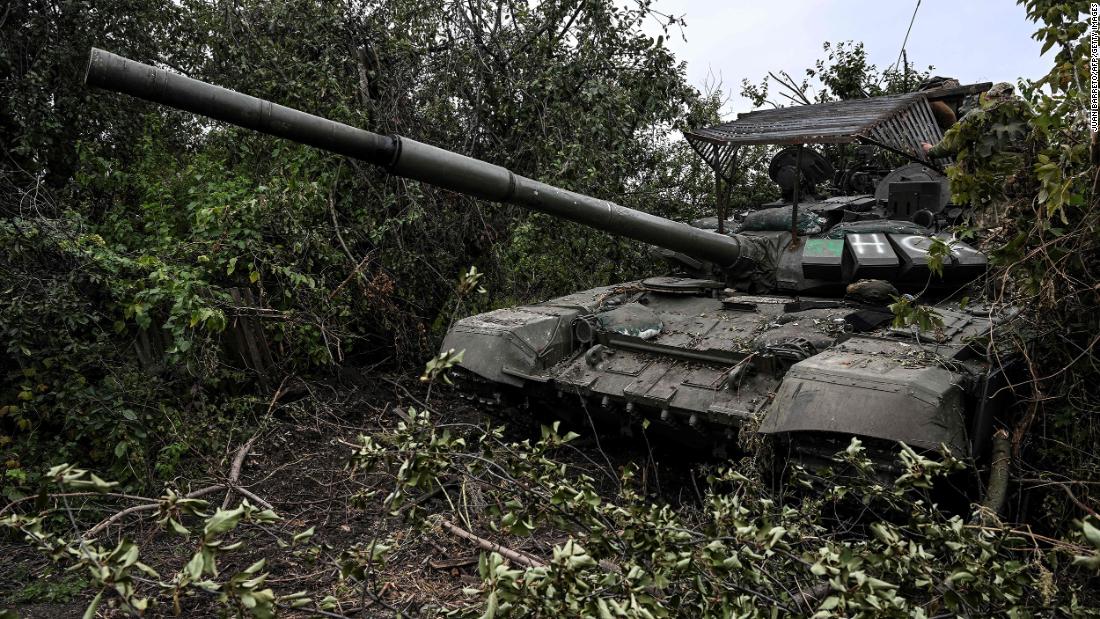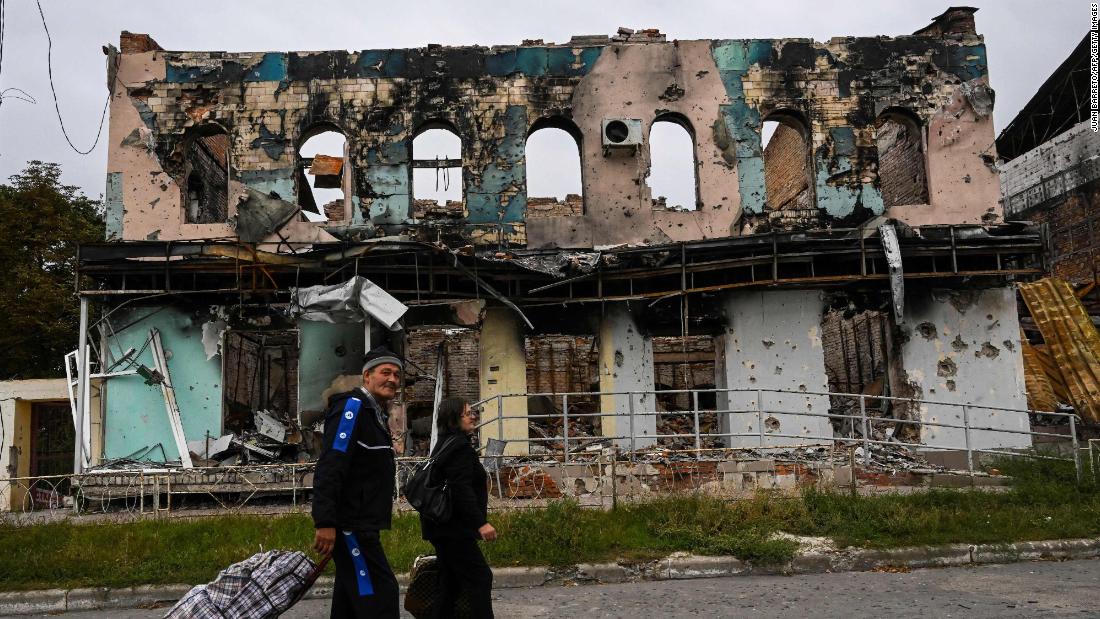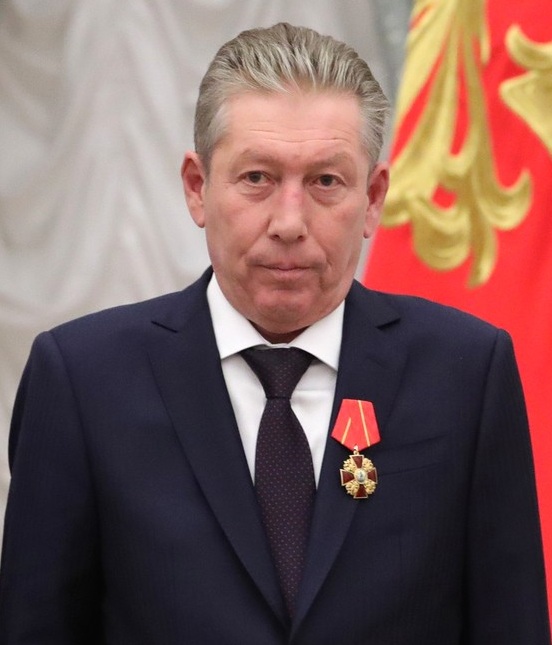From Gorbachev's visit to Canada in 1983, before he became leader:
At the time of the visit, 52-year-old Gorbachev was a rising star. Two years after he’d been named to head the Soviet Central Committee’s agricultural portfolio in 1978, he received full member status within the ruling Politburo. Ailing General Secretary Yuri Andropov saw Gorbachev as a lieutenant who could fight the corruption that had stifled the country during the later years of Leonid Brezhnev’s reign. Gorbachev would be only the second member of the Politburo to visit Canada (former premier Alexei Kosygin travelled here in 1971).
The Soviet delegation landed in Ottawa during the afternoon of May 16. “On the tarmac,” Whelan recalled, “Mikhail greeted me with a great big Russian bear hug.” The next day began with Gorbachev addressing a meeting of the Standing Committee on External Affairs and National Defence. He attempted to humanize the Soviet side of the Cold War, blamed the Americans for repeatedly raising the temperature, and proposed closer relations between Canada and the Soviet Union. “The distance between the continents,” he declared, “should not be measured by the minutes of flight of ballistic missiles but by the closeness of our human values, the most basic of which is life itself.”
May 20 saw a full schedule of stops, starting with a tour of the Hiram Walker plant in Windsor. From there, it was off to Leamington to visit the Sun Parlour Greenhouse Growers Co-Operative. According to Whelan, that stop stuck in Gorbachev’s mind throughout the rest of the trip. “As Gorbachev was leaving, [greenhouse owner Gino] Pannunzio shook his hand and said, ‘I’m just a little tomato farmer, and I know you’re from a big country, but I don’t think my wishes are any different from yours or those of your people. I hope and pray for peace for you and your people.’”
At all stops, Gorbachev had no shortage of questions, especially concerning expenses and revenue. “Dapper, soft-spoken and completely at ease with farmers and businessmen he encountered on the day-long tour, Gorbachev soaked up a wealth of information on area food production,” the Windsor Star observed. As for how the trip affected Gorbachev, Shulgan concluded that “he realized how far ahead the Western world was, and he saw how the personal ownership of land and the proceeds of labour could motivate a work force.”
At the time of the visit, 52-year-old Gorbachev was a rising star. Two years after he’d been named to head the Soviet Central Committee’s agricultural portfolio in 1978, he received full member status within the ruling Politburo. Ailing General Secretary Yuri Andropov saw Gorbachev as a lieutenant who could fight the corruption that had stifled the country during the later years of Leonid Brezhnev’s reign. Gorbachev would be only the second member of the Politburo to visit Canada (former premier Alexei Kosygin travelled here in 1971).
The Soviet delegation landed in Ottawa during the afternoon of May 16. “On the tarmac,” Whelan recalled, “Mikhail greeted me with a great big Russian bear hug.” The next day began with Gorbachev addressing a meeting of the Standing Committee on External Affairs and National Defence. He attempted to humanize the Soviet side of the Cold War, blamed the Americans for repeatedly raising the temperature, and proposed closer relations between Canada and the Soviet Union. “The distance between the continents,” he declared, “should not be measured by the minutes of flight of ballistic missiles but by the closeness of our human values, the most basic of which is life itself.”
May 20 saw a full schedule of stops, starting with a tour of the Hiram Walker plant in Windsor. From there, it was off to Leamington to visit the Sun Parlour Greenhouse Growers Co-Operative. According to Whelan, that stop stuck in Gorbachev’s mind throughout the rest of the trip. “As Gorbachev was leaving, [greenhouse owner Gino] Pannunzio shook his hand and said, ‘I’m just a little tomato farmer, and I know you’re from a big country, but I don’t think my wishes are any different from yours or those of your people. I hope and pray for peace for you and your people.’”
At all stops, Gorbachev had no shortage of questions, especially concerning expenses and revenue. “Dapper, soft-spoken and completely at ease with farmers and businessmen he encountered on the day-long tour, Gorbachev soaked up a wealth of information on area food production,” the Windsor Star observed. As for how the trip affected Gorbachev, Shulgan concluded that “he realized how far ahead the Western world was, and he saw how the personal ownership of land and the proceeds of labour could motivate a work force.”
Last edited:











/cloudfront-us-east-2.images.arcpublishing.com/reuters/TAYW423AVRLJBBU2IVWING2EXY.jpg)




